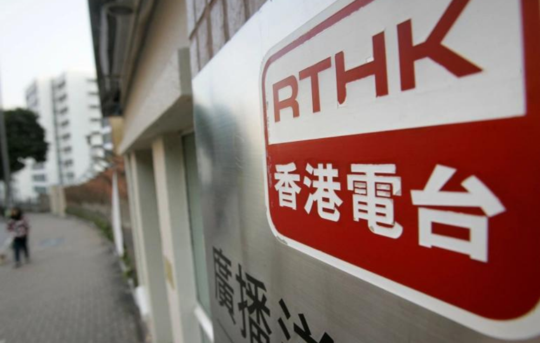On September 29, the broadcaster issued a document to management, now led by government appointed bureaucrat Patrick Li, referencing a government review report published in February 2021, that set out its new editorial policies, processes and responsibilities.
The document advised RTHK “has an obligation to safeguard national security” and to “effectively prevent and suppress any act or activity endangering national security”. It also warned “programme makers” against contacting foreign or external governments as well as political organisations.
“Under no circumstances should our programmes provide a platform to encourage, incite, promote, glorify, endorse or sympathise with any act or activity endangering national security or otherwise contain any contents which are contrary to the interests of national security,” it noted.
The guidelines further stated that RTHK’s programs must not provoke or deepen hatred, discrimination, or hostility towards the governments in Beijing and Hong Kong. Those who failed to observe the new policies faced “disciplinary action”.
In a press statement, a RTHK spokesman said the guidelines also reaffirmed the broadcaster’s editorial independence, but he stressed that “editorial autonomy also involves responsibility”.
Hong Kong’s media sphere has contracted considerably since Beijing’s introduction and imposition of its National Security Law in June 2020. Since then, the law has been used to target journalists and activists under broadly worded offences including secession, subversion, terrorist activities and collusion with a foreign country.
The IFJ said, “RTHK has had a long and strong history of independent, quality reporting and journalism. But this guideline reads like a diktat rather than guidelines. The IFJ continues to express its strongest opposition at the ongoing attempts to stifle media freedom in Hong Kong”.

